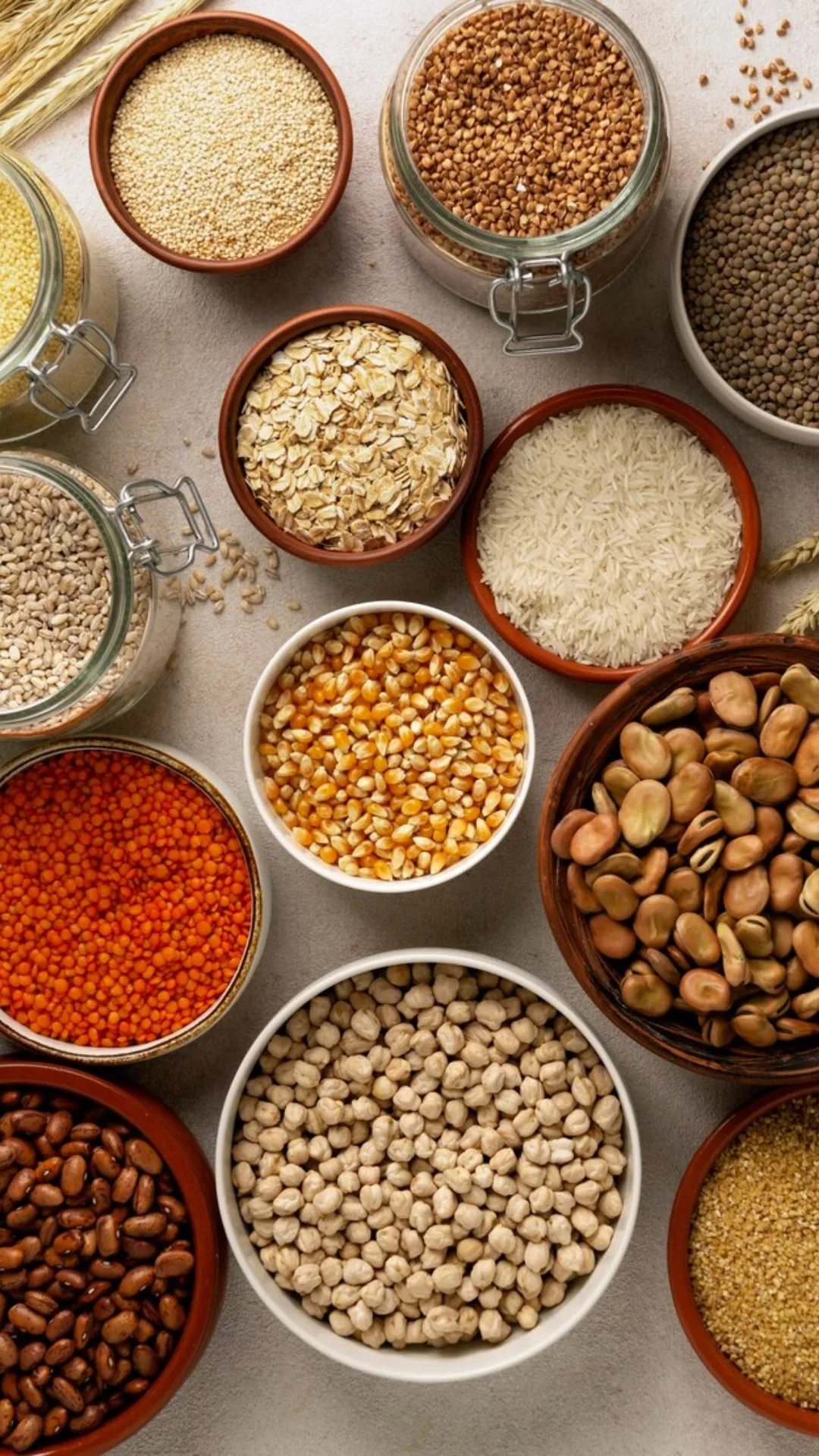
5 reasons to add millet to your daily diet
Image Source : FreepikMillets are an excellent source of protein and dietary fibre, and they are high in important minerals including iron, calcium, and phosphorus.
Image Source : FreepikIn comparison to other high-input crops, millets have a reduced carbon footprint, which implies they demand less irrigation and synthetic fertilizer, making them a good choice for farmers in developing countries.
Image Source : FreepikBeyond their nutritional value, millets contribute significantly to sustainable agriculture that enhances soil health and biodiversity.
Image Source : FreepikAs millets require little water, they are very tolerant of a wide range of environmental conditions, including drought and high temperatures.
Image Source : FreepikMillets have long been an integral part of diets in many cultures. They serve as the foundation for various traditional recipes and cuisines deeply rooted in cultural practices and celebrations, symbolising fertility, abundance, and success.
Image Source : FreepikNext : 5 iconic white marble monuments to visit in India